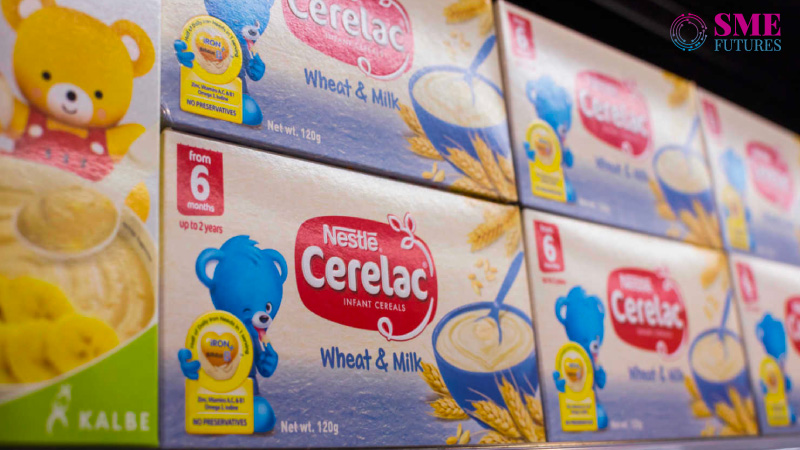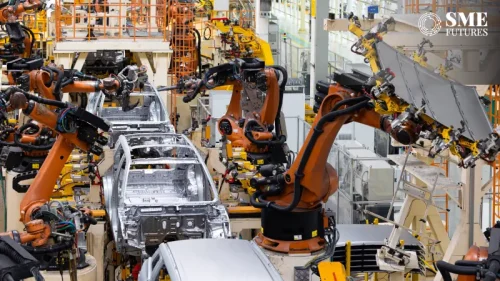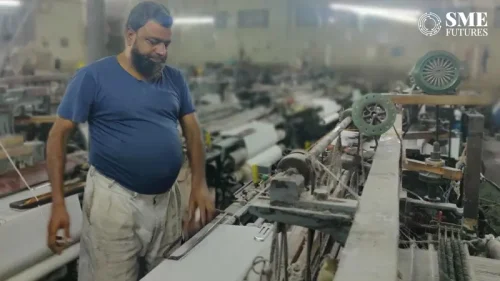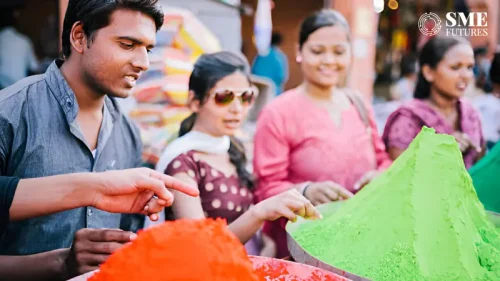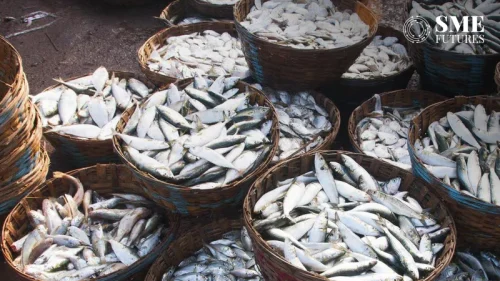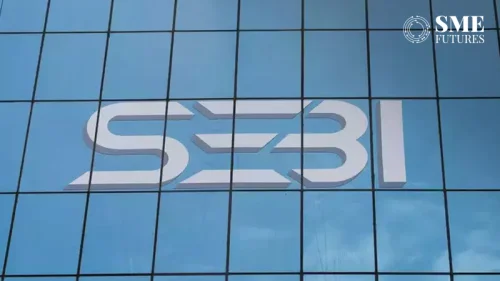The baby-food brands sold by global giant Nestle in India contain high levels of added sugar, while such products are sugar-free in the United Kingdom, Germany Switzerland, and other developed nations, an investigation by Public Eye, a Swiss organisation and the International Baby Food Action Network (IBFAN) has revealed. Findings showed that in India, all Cerelac baby products contain an average of nearly 3 grams of sugar per serving. The same product is being sold with no added sugar in Germany and the UK, while in Ethiopia and Thailand, it contains nearly 6 grams, the study said.
The report said that Nestle adds sugar to infant milk and cereal products in several countries which is a violation of international guidelines aimed at preventing obesity and chronic diseases. Violations were found only in Asian, African, and Latin American countries.
However, a Nestle India Ltd spokesperson said the company has reduced the total amount of added sugars in its infant cereals portfolio by 30 per cent over the past five years and it continues to “review” and “reformulate” products to reduce them further. “We believe in the nutritional quality of our products for early childhood and prioritise using high-quality ingredients.”
On Wednesday, the leading UK paper The Guardian reported that the Swiss food giant adds sugar and honey to infant milk and cereal products sold in “poorer countries”. It cited data from Public Eye and IBFAN that examined Nestle baby food brands sold in these markets. Public Eye examined 115 products sold in Nestle’s main markets in Africa, Asia and Latin America across two key brands — Cerelac and Nodi.
In India, all Cerelac baby cereal products examined by Public Eye contained added sugar — on average nearly 3 gm per serving.
“Almost all the Cerelac infant cereals examined contain added sugar — nearly 4 grams per serving on average, equal to roughly a sugar cube — although they are targeted at babies from six months of age. The highest amount — 7.3 grams per serving — was detected in a product sold in the Philippines,” the report said.
WHO expert Nigel Rollins was cited in media reports as saying that “this is a double standard that cannot be justified.”

